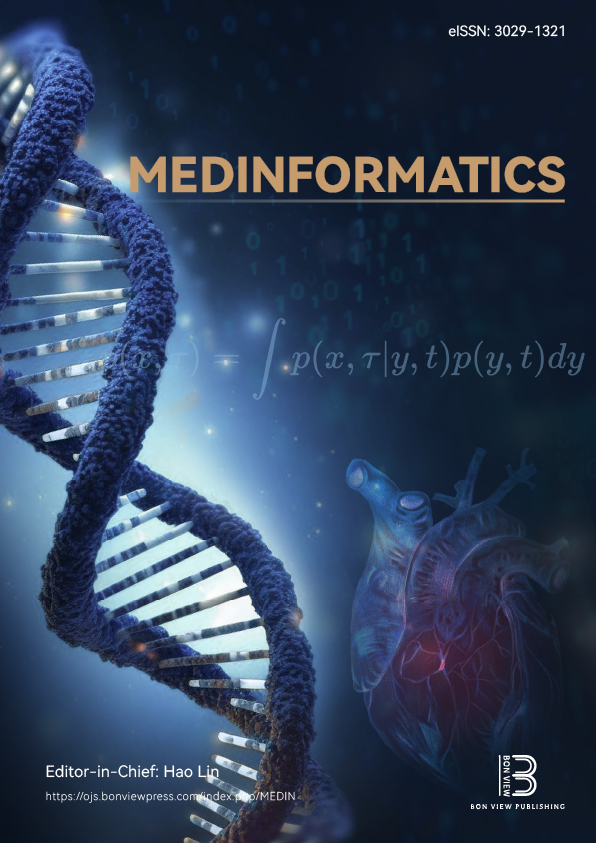Navigating the Complexity of the Human Microbiome: Implications for Biomedical Science and Disease Treatment
DOI:
https://doi.org/10.47852/bonviewMEDIN42022988Keywords:
biomedical implications, disease treatment strategies, therapeutic microbial modulation, microbiome and immune regulation, microbiome-driven disease mechanismAbstract
A multifaceted ecosystem of microorganisms that live in and on the human body is known as the human microbiome, and it is essential to both health and disease. The present review delves into the intricate nature of the microbiome and emphasizes its noteworthy consequences for both therapeutic interventions and biomedical science. By thoroughly analyzing existing research and techniques, such as next-generation sequencing and bioinformatics tools, we outline the makeup, variety, and dynamic interactions of the microbiome with the host. Important new information is provided by our analysis regarding the impact of the microbiome on immune regulation, metabolic pathways, and diseases like cancer, obesity, neurodegenerative diseases, and inflammatory bowel disease. We also address how the microbiome affects the pharmacokinetics and pharmacodynamics of medications, highlighting the significance of personalized medicine and drug development that considers the microbiome as well. Our findings have implications for the creation of new microbiome-based treatments, such as fecal microbiota transplantation, probiotics, prebiotics, and synbiotics, and they also highlight the potential of these treatments to treat dysbiosis-related illnesses. In order to improve treatment efficacy and patient outcomes, the review highlights the necessity of a paradigm shift in disease management and prevention strategies that incorporate microbiome modulation. As we move forward, we support improvements in the techniques used in microbiome research, a more thorough investigation of the interactions between the microbiome and the host, and the development of microbiome-based therapies. The directions for the future emphasize the value of personalized medicine techniques that use unique microbiome profiles to create individualized treatment plans. This thorough analysis provides a road map for maximizing the human microbiome's potential in the treatment and prevention of disease by illuminating its complexity and wide-ranging implications for biomedical science.
Received: 1 April 2024 | Revised: 12 July 2024 | Accepted: 6 September 2024
Conflicts of Interest
The authors declare that they have no conflicts of interest to this work.
Data Availability Statement
The data that support this work are available upon reasonable request to the corresponding author.
Author Contribution Statement
Taiwo Temitope Ogunjobi: Conceptualization, Writing - original draft, Writing - review & editing. Adaobi Mary-Ann Okafor: Writing - review & editing. Nice Ifeanyi Ohuonu: Investigation. Ngozi Maryann Nebolisa: Resources. Ayomide Khadijat Abimbolu: Methodology. Rufus Oluwagbemileke Ajayi: Validation. Akinwunmi Rapheal Afuape: Formal analysis. Mojisola Grace Ojajuni: Visualization. Osarumwense Ona Ogunbor: Supervision. Etido Udoh Elijah: Project administration. Kayode Gbenga Akinwande: Project administration. Aiyebor Augustine Aigbagenode: Methodology. Tosin Sarah Olaniran: Validation. Adetola Adenike Adewoyin: Formal analysis. Eniola Eunice Kolapo: Investigation. Adnan Musa: Resources.
Downloads
Published
Issue
Section
License
Copyright (c) 2024 Authors

This work is licensed under a Creative Commons Attribution 4.0 International License.


